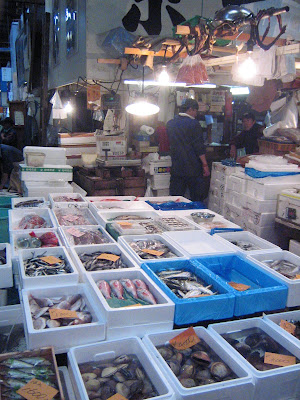
It seems somehow fitting that two days after an all day session making petits fours, we find ourselves in the home of layered pastries and exquisite confectionery, Vienna. In the Austrian capital, the phrase 'you can't have your cake and eat it' clearly means nothing, a) because they speak German in Vienna, and b) because the whole city seems to be having quite a lot of cake and everyone is doing a fairly good job of eating it too. In fact at no point do we see anyone doing anything else with their cake, no one's juggling with their apfelstrudel, no one is kicking their sachertorte around a football pitch, and no one is rafting down the Danube on a large slice of banananschnitte. Everyone, tourists and locals alike, are shovelling it into their cakeholes.
Sitting in the magnificent neo-gothic interior on the Cafe Central, you are transported back to the halcyon days of the Habsburg empire where red jacketed Ober waltz from table to table taking orders for kuchen and kaffee. At Demel, beautiful displays of calorie packed torte with layers of cream and genoise sponge sit in glass cabinets awaiting their destiny. The Viennese branch of weight watchers must be oversubscribed.
In a few weeks time, Austria will be hosting the European football championships and Vienna will no doubt be overrun with football hooligans hurling slices of flan at police in riot gear. We decide to have our own cake mini-championship starting at the Konditorei Oberlaa where Bananenschnitte takes on Erdbeertorte.


It's an easy win for Bananenschitte and it's on to the next match at the Cafe Central where Nußtorte takes on Fruchttorte.

It's a much tighter match with two very different competitors, the walnut Nußtorte is light sponge but dense rich butter icing and the Fruchttorte is fresh but still indulgent. For me Nußtorte just wins. In the final back at the hotel, Nußtorte comes up against Erdbeerstrudel and the match goes into extra time. Thankfully it's an all you can eat buffet so a second slice of Erdbeerstrudel confirms it as European Champion of Cake 2008.

Next morning, Erdbeerstudel signs for Manchester United in a pretty boy swap deal with Cristiano Ronaldo.
Talking of pretty things, my petits fours didn't turn out too badly either. We made everything from nougat to marshmallows, pate de fruit and even Viennese chocolate schnitte with layers of meringue and ganache. I'm hoping next week will be salad week as my body just can't take any more sugar.










